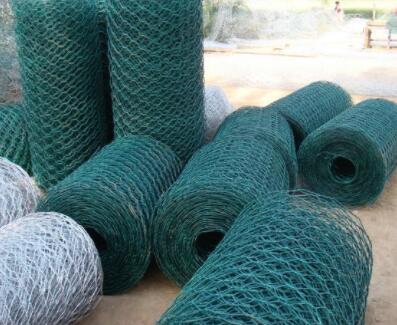Aluminum vs. Fiberglass Screens Choosing the Right Option for Your Home
When it comes to home improvement and outdoor aesthetics, screen materials may not be the first thing that comes to mind. Yet, choosing the right screen for your windows and doors is essential for maximizing comfort while enhancing the overall quality of your living space. Two popular materials for screen production are aluminum and fiberglass. Each has distinct advantages and disadvantages, making the choice between them a significant consideration for homeowners.
Durability and Strength
One of the most notable qualities of aluminum screens is their strength. Made from durable metal, aluminum screens can withstand harsh weather conditions, strong winds, and potential impacts from flying debris. This makes them an excellent choice in storm-prone areas where resilience is critical. Additionally, aluminum screens do not warp or degrade in UV light, ensuring that they maintain their structural integrity and appearance over the long term.
Fiberglass screens, on the other hand, while also reasonably durable, do not offer the same level of strength as aluminum. However, they do have a unique flexibility that allows them to bend without breaking, which can be a crucial factor for certain environments. They are less likely to dent or scratch compared to aluminum. For those living in milder climates, where severe weather is less of a concern, fiberglass screens provide a beneficial balance of resilience and versatility.
Aesthetic Appeal
When it comes to aesthetics, fiberglass screens often have the upper hand. The material can be woven into fine mesh, providing a nearly invisible barrier that offers clear views while keeping bugs out. This is particularly advantageous for homeowners looking to maintain unobstructed views of their surroundings. Fiberglass screens tend to blend better with various architectural styles and natural landscapes.
Aluminum screens typically come in a few standard colors, which may not be as seamless in blending with certain home designs. While they can be painted, doing so may compromise the material’s durability. Additionally, the thickness and rigidity of aluminum can make them more noticeable than their fiberglass counterparts, especially if the goal is to maximize visibility without detracting from the home's aesthetic.
Cost and Installation
aluminum or fiberglass screen

Cost is often a determining factor in the selection of screen materials. Aluminum screens generally have a higher upfront cost compared to fiberglass. However, when considering the longevity and durability of aluminum, homeowners may find that the initial investment pays off over time due to lower replacement and maintenance costs.
Fiberglass screens are generally more affordable and might be a suitable choice for those on a tighter budget. Their lightweight nature also makes installation simpler and quicker. This ease of installation can be advantageous for DIY enthusiasts who prefer to work on home improvement projects alone.
Maintenance and Upkeep
Both aluminum and fiberglass screens require minimal maintenance, but their care is slightly different. Aluminum screens may need periodic cleaning to remove dust and dirt, as well as annual inspections for dents or damages due to impacts. If the finish begins to wear, repainting may be necessary to maintain appearance and protection against corrosion.
Fiberglass screens, being less prone to rust or corrosion, require less rigorous upkeep. They can simply be cleaned with soap and water. However, both types of screens are susceptible to tears and rips, particularly from pets or during storms; therefore, regular inspections for wear and damage are advisable.
Conclusion
Ultimately, the choice between aluminum and fiberglass screens will depend on the unique needs and preferences of homeowners. Aluminum screens provide strength, durability, and a longer lifespan, making them ideal for areas with extreme weather conditions. Conversely, fiberglass screens offer enhanced visibility, flexibility, and affordability, making them a suitable option for those prioritizing aesthetic appeal.
Before making a decision, consider all factors such as climate, budget, and personal preference. Whether you opt for aluminum or fiberglass, investing in quality screens will ensure that your home remains comfortable, functional, and visually pleasing while keeping those pesky bugs at bay. Each material has its place in home improvement; the key is identifying which one best aligns with your lifestyle and needs.

















